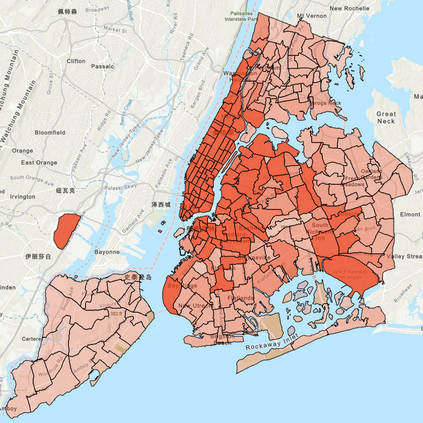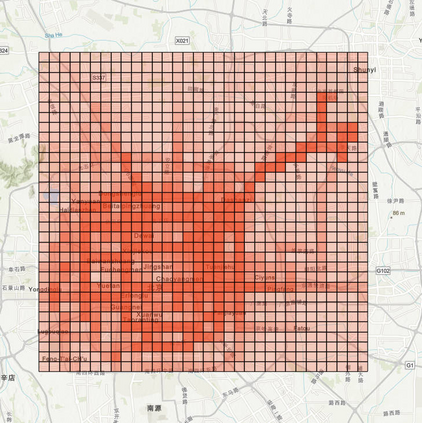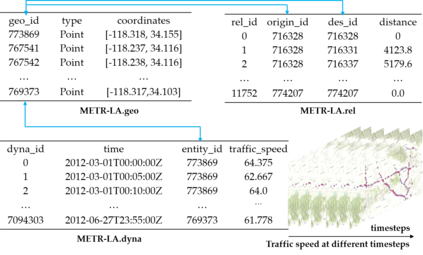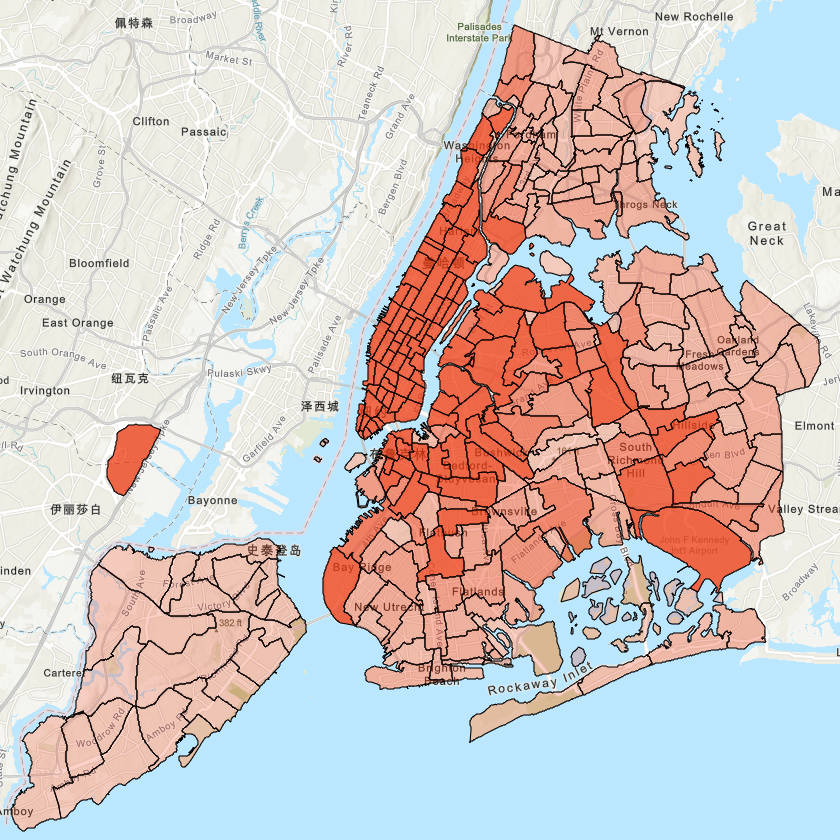The field of urban spatial-temporal prediction is advancing rapidly with the development of deep learning techniques and the availability of large-scale datasets. However, challenges persist in accessing and utilizing diverse urban spatial-temporal datasets from different sources and stored in different formats, as well as determining effective model structures and components with the proliferation of deep learning models. This work addresses these challenges and provides three significant contributions. Firstly, we introduce "atomic files", a unified storage format designed for urban spatial-temporal big data, and validate its effectiveness on 40 diverse datasets, simplifying data management. Secondly, we present a comprehensive overview of technological advances in urban spatial-temporal prediction models, guiding the development of robust models. Thirdly, we conduct extensive experiments using diverse models and datasets, establishing a performance leaderboard and identifying promising research directions. Overall, this work effectively manages urban spatial-temporal data, guides future efforts, and facilitates the development of accurate and efficient urban spatial-temporal prediction models. It can potentially make long-term contributions to urban spatial-temporal data management and prediction, ultimately leading to improved urban living standards.
翻译:暂无翻译






